As Adam Branson’s report suggests more and more large corporations are embracing co-working but operators need to be careful not to move too far away from the model that has helped the sector flourish in recent years.

The flexible workspace market is evolving quickly. Not only are we seeing new and unexpected operators entering the scene but also – and perhaps more significantly - the tenant base is changing.
WeWork’s deal to manage a whole building on behalf of IBM dominated the headlines of the property pages earlier this year, though it’s not just the global operators that are attracting big business.
At Headspace Group, though we have traditionally attracted tech startups such as Buzzfeed, Eventbrite and General Assembly, some of our most recent tenants have been PLCs including Prudential’s tech team and the Harvey Nash Group.
Such businesses are opting for these kind of spaces in order to work in a beautiful, modern environment, attract the right talent, network and collaborate with the right people and enjoy the flexibility these spaces offer in terms of lease lengths.
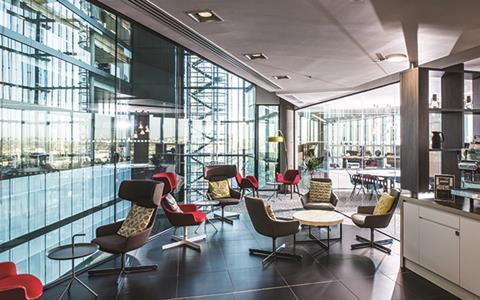
Given recent changes to the International Accounting Standards Board (IASB) directive, regarding how leases are to be reported on company balance sheets as both assets and liabilities, it’s fair to say lease flexibility will become an even bigger driver for big business.
Curation is key
But operators need to manage this evolution carefully. Managing a whole building for one tenant is one thing but welcoming bigger businesses into a shared space that is mostly populated by startups and scale-upswill inevitably raise some eyebrows. This is true particularly for more boutique operators. As a result, curation will become increasingly important.
For example, we have worked hard to ensure that all new members complement our culture and bring something to the community, whether that be contacts, expertise or even just a willingness to get involved in social activities.

At the same time operators will have to carefully manage the size of tenants they take on. To have one tenant taking up two thirds of a building certainly wouldn’t work at Headspace given how important the community aspect of the space is.
At the end of the day, the flexible working market has built a reputation as being the younger, more agile and more dynamic sibling to the serviced office market and it’s crucial that we maintain that distinction.
























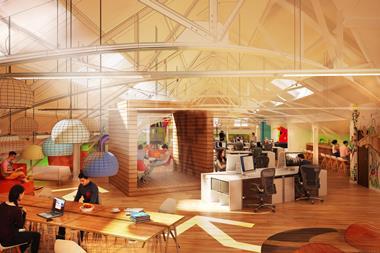
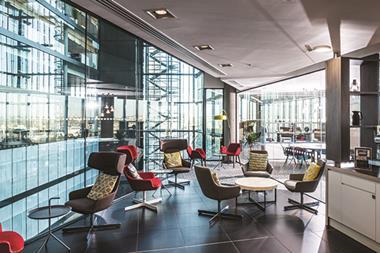
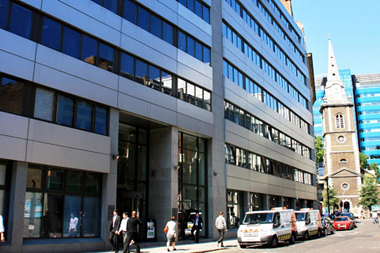

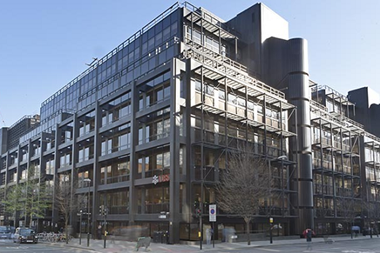

No comments yet